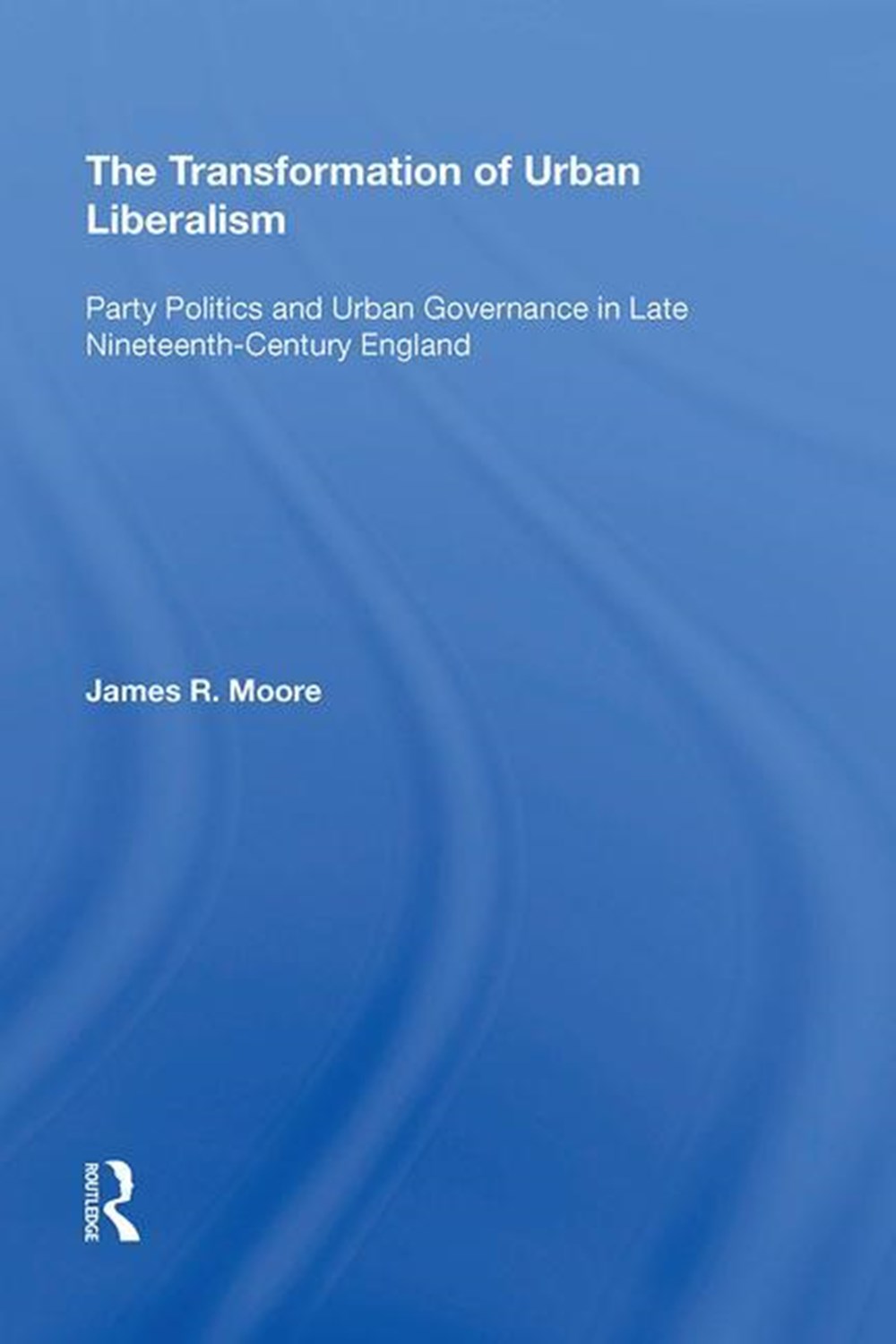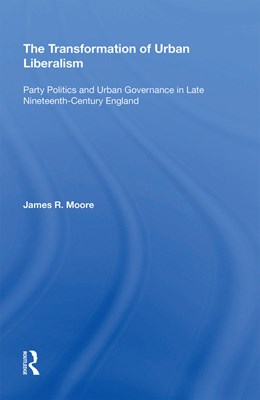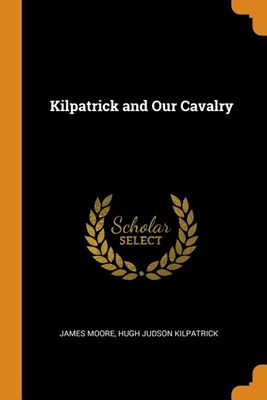
The Transformation of Urban Liberalism: Party Politics and Urban Governance in Late Nineteenth-Century England
The Transformation of Urban Liberalism re-evaluates the dramatic and turbulent political decade following the 'Third Reform Act', and questions whether the Liberal Party's political heartlands - the urban boroughs - really were in decline. In contrast to some recent studies, it does not see electoral reform, the Irish Home Rule crisis and the challenge of socialism as representing a fundamental threat to the integrity of the party.
| Quantity | Price | Discount |
|---|---|---|
| List Price | $170.00 |
Non-returnable discount pricing
$170.00
Book Information
| Publisher: | Routledge |
|---|---|
| Publish Date: | 11/29/2017 |
| Pages: | 336 |
| ISBN-13: | 9780815398295 |
| ISBN-10: | 0815398298 |
| Language: | English |
Full Description
"The Transformation of Urban Liberalism" re-evaluates the dramatic and turbulent political decade following the 'Third Reform Act', and questions whether the Liberal Party's political heartlands - the urban boroughs - really were in decline. In contrast to some recent studies, it does not see electoral reform, the Irish Home Rule crisis and the challenge of socialism as representing a fundamental threat to the integrity of the party. Instead this book illustrates, using parallel case studies, how the party gradually began to transform into a social democratic organisation through a re-evaluation of its role and policy direction. This process was not one directed from the centre - despite the important personalities of Gladstone and Rosebery - but rather one heavily influenced by 'grass roots politics'. Consequently, it suggests that late Victorian politics was more democratic and open than sometimes thought, with leading urban politicians forced to respond to the demands of party activists. Changes in the structure of urban rule produced new policy outcomes and brought new collectivist forms of New Liberalism onto the political agenda. Thus, it is argued that without the political transformations of the decade 1885-1895, the radical liberal governments of the Edwardian era would not have been possible.




